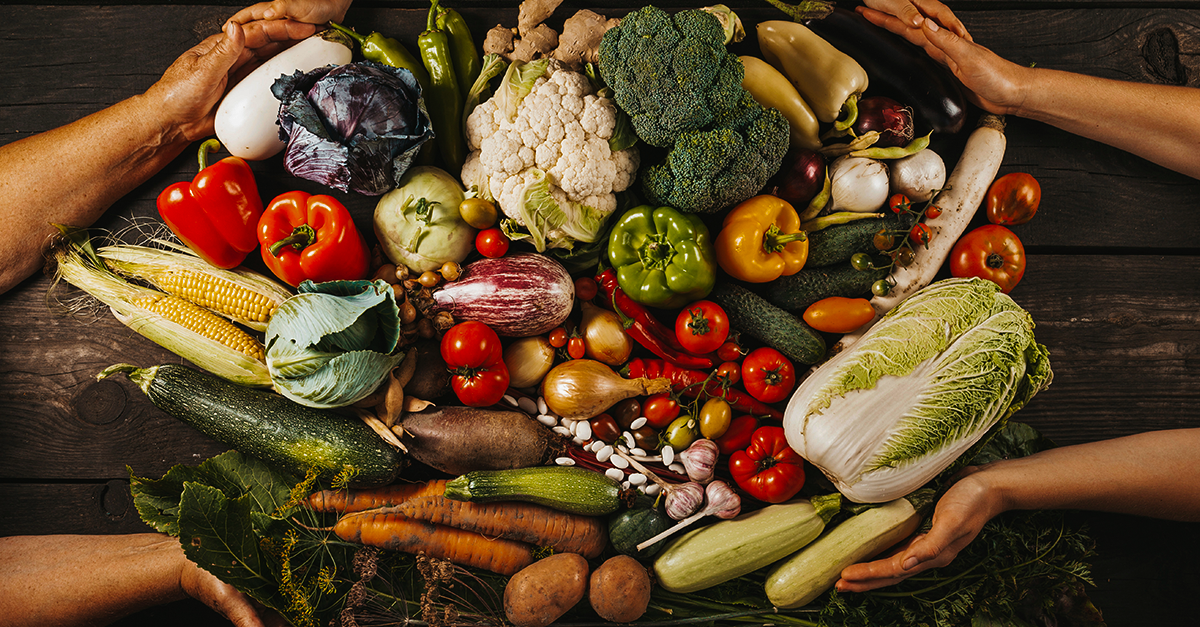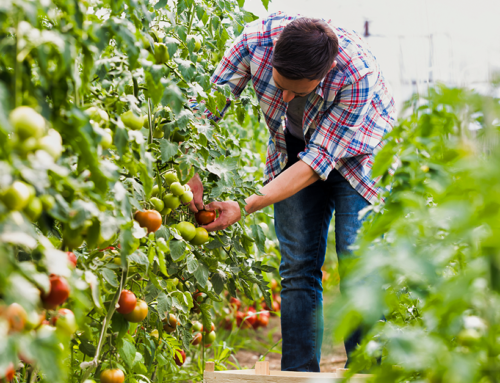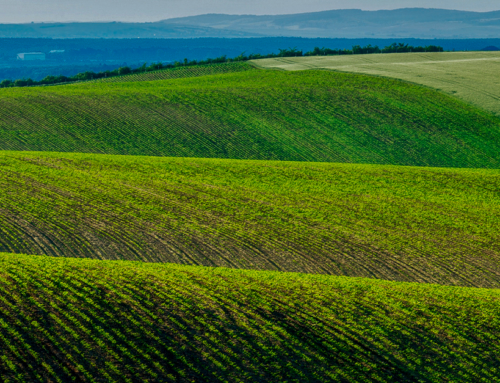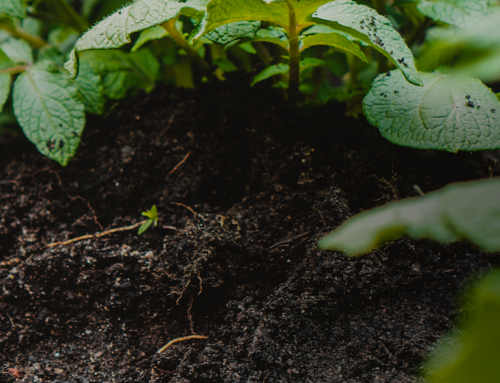Food security: what it is and its universal importance
Food security is a subject that has been extremely approached over the years, especially since the adoption of Goal Number 2 of the United Nations (UN) Sustainable Development Goals – Zero Hunger and Sustainable Agriculture by several nations and private corporations. To fulfill their agendas, a lot of projects were launched to make agricultural production healthier and more sustainable because food security, according to the United Nations World Food Security Committee, means precisely that at all times, all people have physical, socially, and economically to sufficient food for their nutrition, including meeting their food preferences and food needs for an active and healthy life, in ways, the planet can sustain into the future.
To realize this objective, the key is in building a resilient agri-food system through diversification. However, this agriculture faces a series of challenges both in production and consumption, today we have a food insecurity world, which is also affected by external factors, such as armed conflicts that hinder the production and distribution of food; extreme climate changes that can destroy the entire production of both small farmers and large production (although the family agriculture, who generally has no structures to deal with, suffer greater damage); the availability of technology in the region; internal disputes over land that can lead to land misuse for agriculture; and even COVID 19, a disease that altered the entire international system politically and economically, in such a way that food trade was hampered between nations and led to an increase in prices around the world, increasing hunger among the poor and generating social unrest worldwide.
Another problem is the unprecedented growth of the global population, accompanied by its improvement, increasing food consumption at a general level, requiring intense use of resources to produce. However, there is not as much availability of land for agriculture as is demanded, given the increasing urbanization, and this constitutes an obstacle due to the need for land for bioenergy, carbon capture and storage (BECCS) and to remove greenhouse gasses (GHGs) from the atmosphere. This implies the intensification of the project to produce more without increasing the agricultural area, which ends up degrading the soil.
Soil biodiversity and its impact on food safety
Through the next few years, climate change, global population growth, rising food prices, and environmental stressors will all have significant but uncertain impacts on food security. Adaptation strategies and policy responses to global change, including options to address water allocation, land use patterns, food trade, post-harvest food processing, food prices, and safety are urgently needed. But at the moment, the first step in caring for soil biodiversity, which does not need large collective actions to be achieved, but rather, with small individual actions, one can already evolve in the matter and help only so that one of the UN goals is achieved and the impacts of this problem are smaller and affect the general population.
Soil biodiversity became a popular topic from the moment it was noticed its importance in guaranteeing productivity even in times of tension and overproduction, as it is happening now and there is a prospect of increasing even soon. The variety of life below ground, all the genes and species that permeate this ecosystem, including nutrients, minerals, organic matter, and living organisms, is what makes it more resistant to troublesome disturbances.
Preserving this life below ground is very important from the moment it is noticed that it has a direct impact on the life above it. Plants, for example, interact more with the soil, from which they derive a large part of their nutrition, and without preserving its biodiversity, it will not be possible to recover current production rates or increase them. With the constant use of pesticides and lack of care with the production carried out there, the soil soon becomes unproductive, causing agriculture, and therefore, the production that is responsible for guaranteeing a part of food security to be lost. So, Soil biodiversity affects the environment, economy, climate, and human health.
Soils are essential for life on Earth. Their protection is of the utmost importance to guarantee the future of agri-food systems and the provision of key ecosystem services. And, according to FAO, once lost, all the species that support the food system and sustain the people who grow and provide the food cannot be recovered, contributing to the idea of how critical biodiversity is to protect global food security, sustain healthy and nutritious diets, improve rural livelihoods, and also improve the resilience of people and communities.
Among the causes of biodiversity loss studied by most countries are changing in land and water use and management, followed by pollution, overexploitation and overharvesting, climate change, and population growth and urbanization. In the Gambia, the search for alternative sources to look for food due to the loss of natural food production to support their diets is already a reality due to the lack of soil biodiversity.
Initiatives
Most countries have implemented legal, political, and institutional frameworks for the sustainable use and conservation of biodiversity, but these measures alone have turned out to be insufficient. Consumers can also do their part by opting for sustainably grown products, buying from small producers or companies that are sustainable. Meanwhile, companies are also improving their productions to make the world healthier and adopting the Sustainable Development Goals, trying to help with the process of conserving Soil biodiversity. However, project and NGO initiatives in this regard are highlighted, which make a big difference, as the Global Food Security program brings together the UK’s leading public funders to address these challenges, increasing coordination and collaboration in research and facilitating its translation into policies and practices.
There is also the BiosBrazil project, which works in partnership with some universities in Brazil intending to promote awareness, knowledge, and understanding of soil biodiversity, which is important for sustainable agricultural production in tropical landscapes by demonstrating methods for conservation and sustainable management.
About the author

Beatriz Trindade is 21 years old and a student of International Relations at the Federal University of Uberlândia- Brazil, and a member of the Chloride Free Foundation team. She currently coordinates the Youth Ambassadors Project and the Chloride Free Volunteer Group. Her main area of research is the UN Sustainable Development Goals.





Leave A Comment